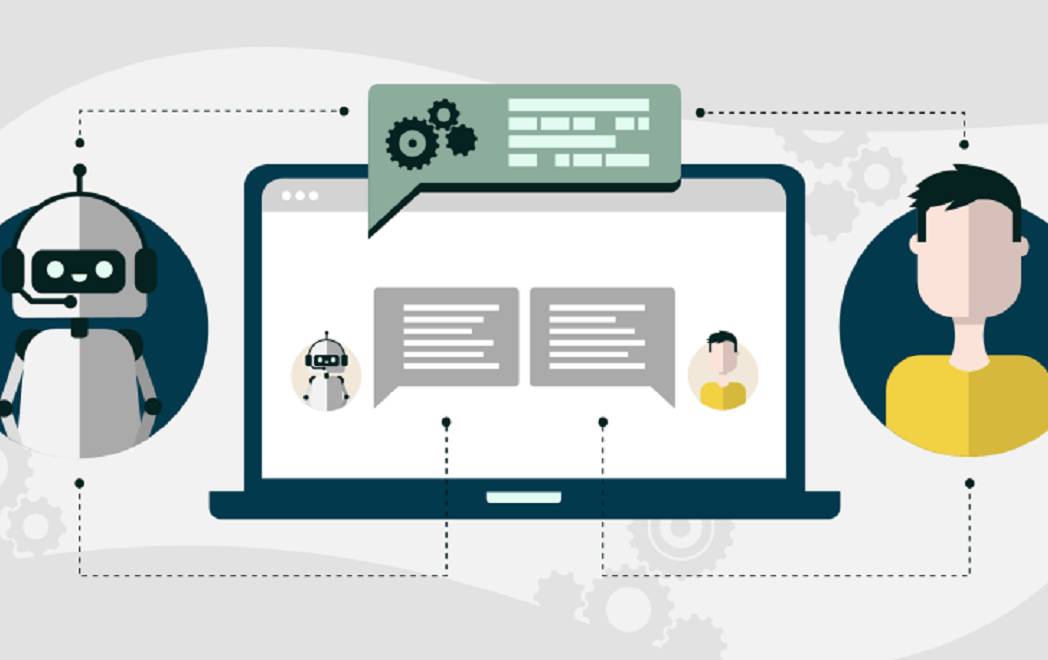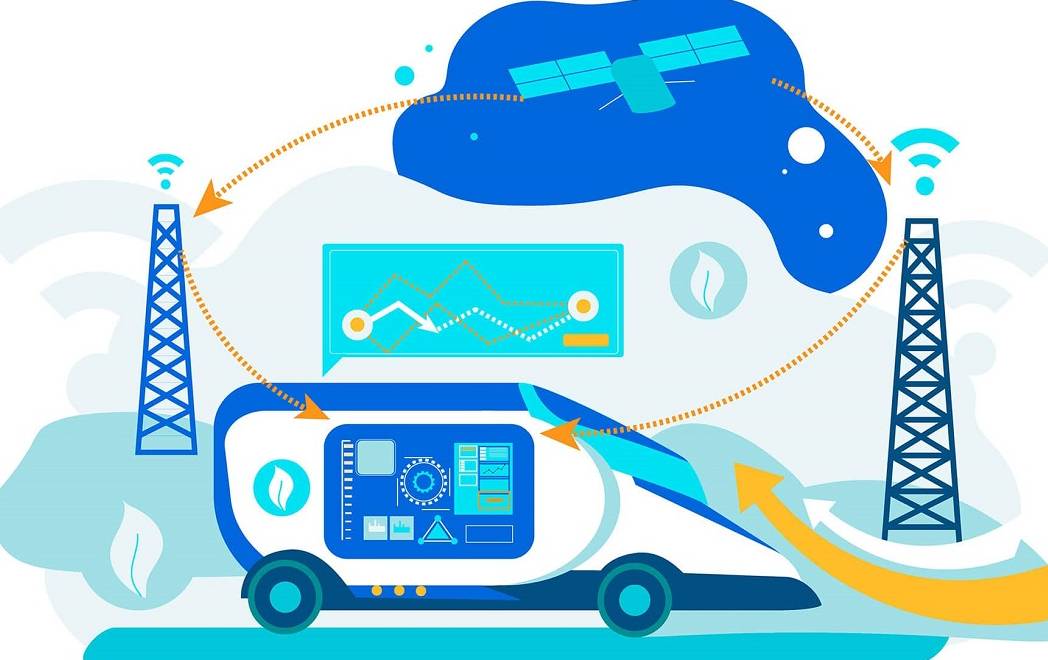What's New
November 2025 
The Department of Computer Science will offer a new course, CSC 5991: Trustworthy AI for Large Language Models and Vision-Language Models, in Winter 2026. Taught by Dr. Dongxiao Zhu, the course covers the foundations of LLMs and VLMs, along with safety alignment, interpretability, fairness, robustness, and privacy in AI systems. Read more.
June 12 2025 
Dr. Xingyu Zhou, received a prestigious NSF CAREER award for his project "Foundations of Trustworthy Sequential Decision-Making: Privacy, Robustness, and Fairness". His work advances trustworthy reinforcement learning by addressing privacy, robustness, and fairness, with applications to healthcare, education, commerce, and large language models. Read more.
March 18 2025 
Dr. Zheng Dong, assistant professor of computer science, received a prestigious NSF CAREER award for his project "ChronosDrive: Ensuring Timing Correctness in DNN-Driven Autonomous Vehicles". His research enhances the safety and reliability of autonomous vehicles and machines through innovative hardware-software co-design. Read more.
February 2024
Our Master Program in Artificial Intelligence has ranked #20 in TechGuide's 2024 Master's in Artificial Intelligence degree programs ranking.
January 2024
Dr. Alex Kotov received NIH R21 grant to conduct automated motivational interviewing counseling focused on weight loss!
January 2024
According to CSRankings.org (2021-2024), Wayne State University is ranked 77 in General AI (AI, Machine Learning, Computer Vision, Natural Language Processing, Information Retrieval).
September 2023
Dr. Zichun Zhong received NSF grant to develop MicroVessel Processor (MVP), an innovative AI-based platform for advanced 3D microvascular imaging and analysis!





